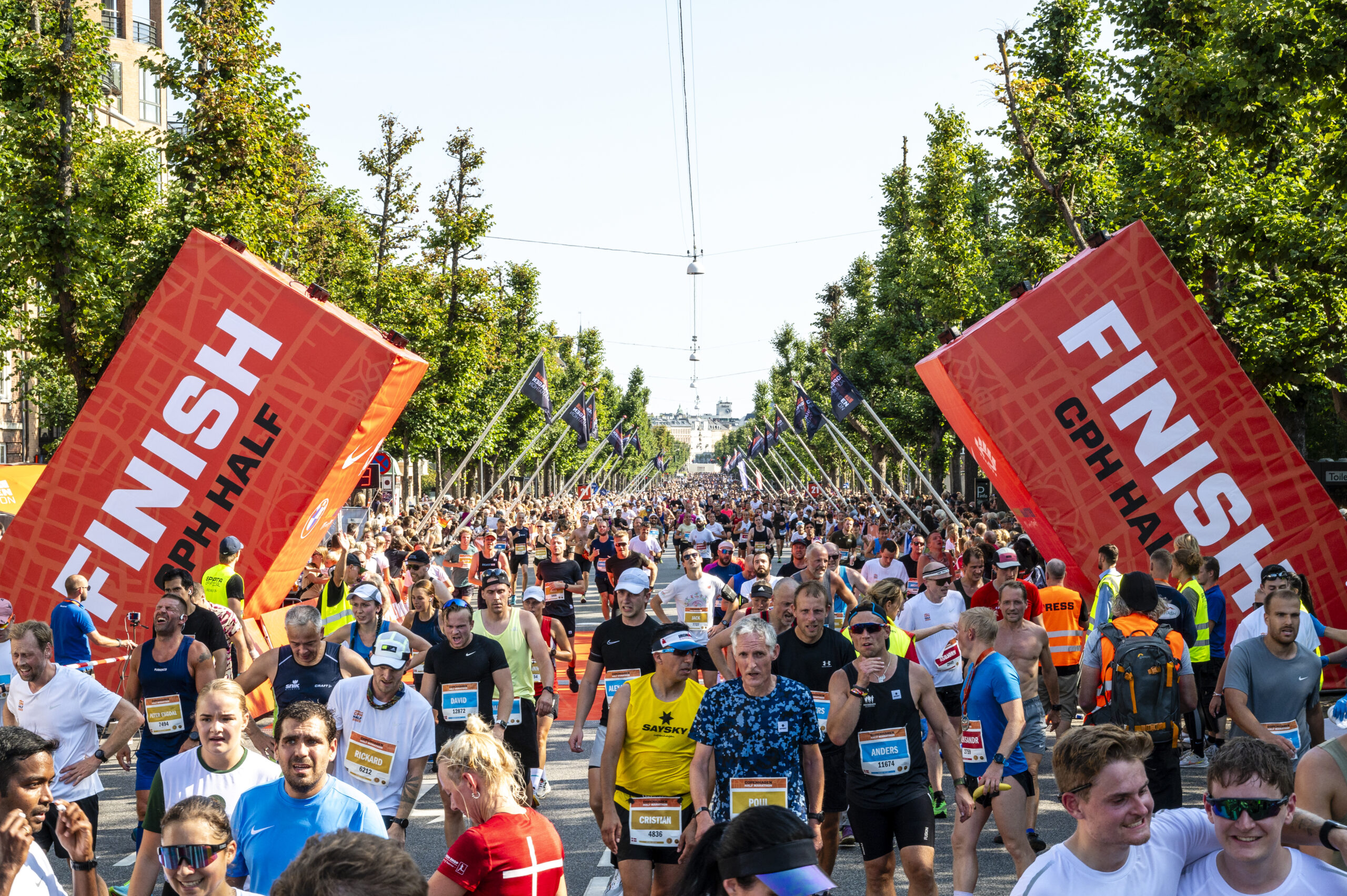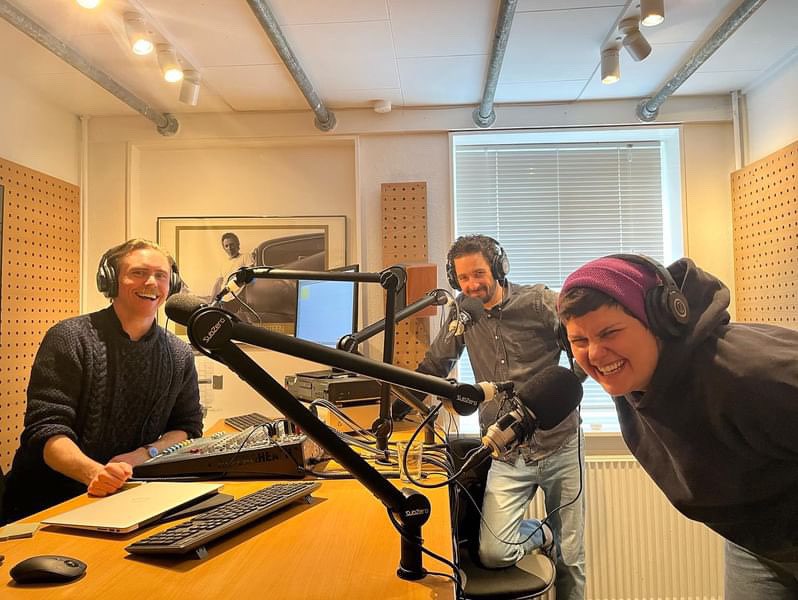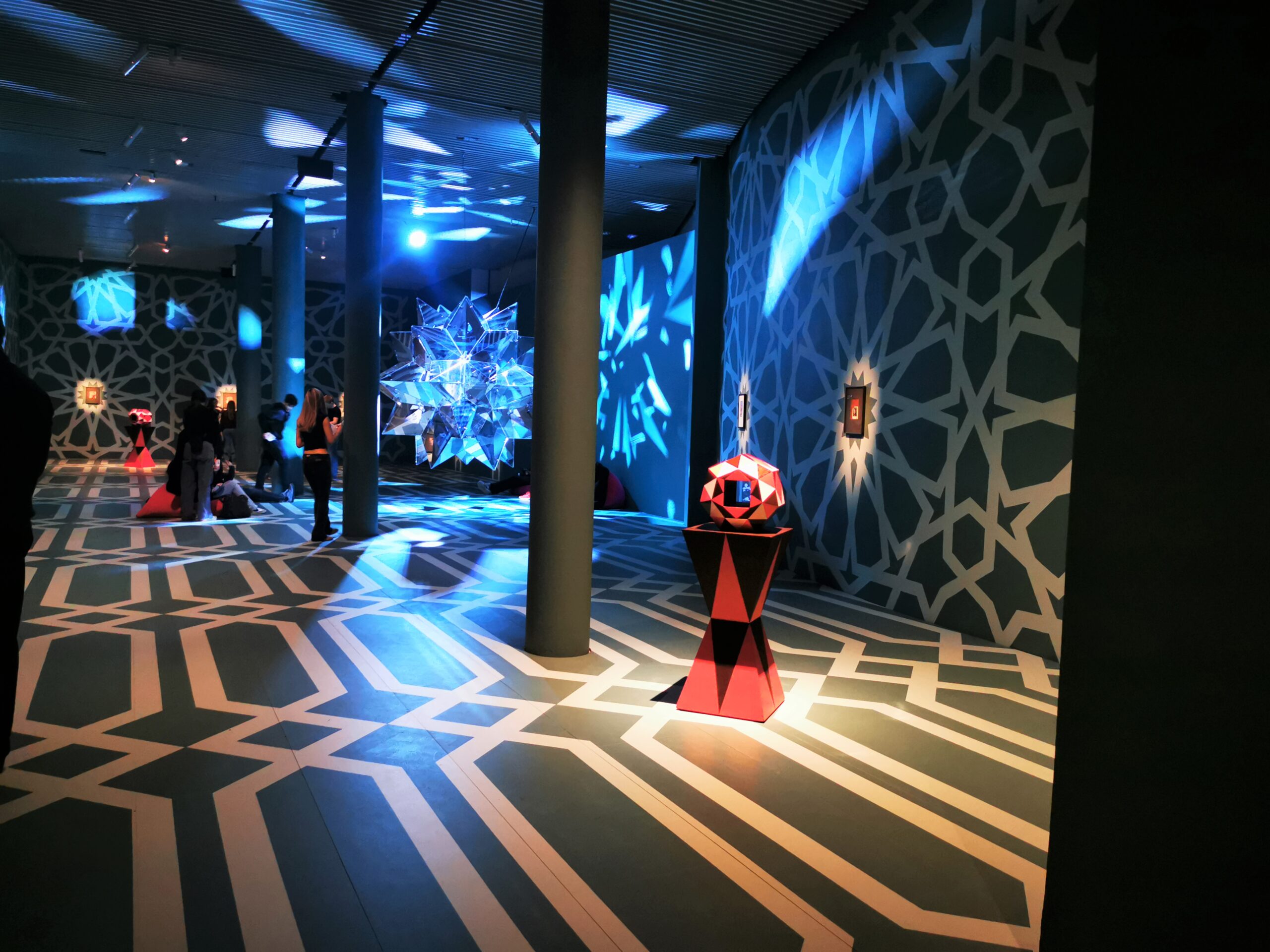Jacob Mchangama, 34, is the director of legal affairs for think-tank Cepos. His father is from the Comoros Islands and his mother is Danish. The Copenhagen Post spoke with her as part of our article on growing up half-Danish.
CPHPOST: Soulaima Gourani says she was discriminated against in Denmark during her upbringing. Were you?
JM: “I never really experienced a great deal of racism in my youth. Yes there were some school incidents, but it wasn’t a dominating factor in my life.”

So you felt accepted?
“Generally speaking, I’ve always felt like I’ve been accepted in Danish society. I think the most rebellious thing I really did in my youth was to get into gangsta rap. Which might have had something to do with trying to identify with black culture.
What kind of rap did you listen to?
“Groups like NWA and Public Enemy were amongst my favourites. But let’s put it into perspective. Østerbro is not the same as Compton. But there was never any real rebellion in my teenage years. The worst it got was when I for example grew dreadlocks and wore baggy trousers and listened to Public Enemy. But just because I listened to music that said ‘Fuck the police’, it didn’t mean I would actually say it out loud.”
What about the dreadlocks?
“The dreadlocks were actually more about vanity than rebellion. That’s what the girls liked. Wasn’t so much about getting in touch with my African roots. I mean everyone has the right to look ridiculous when they’re young.”
Were you ever embarrassed about your mixed background?
“I did feel embarrassed by my father’s background when I was very young and worried about fitting in. Especially when he would be with his African friends. But that definitely changed in my teens. I’m really happy that race was something I had to really think about growing up.”
What’s the secret to fitting into Danish society?
“The secret to fitting into the Danish society is to adopt the invisible codes of Danish conduct. And that’s not a racial discrimination, it’s behavioural.
“Minority groups generally struggle within Denmark because they fail to conform to the social behaviour expected of them. Not because of the colour of their skin. But it is also very difficult, since Danes most often will tell you those expected norms and can be difficult to approach. Those behavioural norms can be your accent, clothing, or general attitude.”
Which your family had?
“My Danish roots account for my ability to fit in. My mother’s influence plays a big part in that. I was brought up by those codes of conduct. But that does mean that there is a form of ethnic and cultural discrimination that comes from those invisible rules.
“Denmark is a very homogenous country. It’s very difficult to tune into this country’s high level of social expectation without guidance. As Denmark is still something of a village at times.”
So it was your mother’s influence that helped you become a Dane?
“While a lot of the credit goes to my mother, my father also made a huge effort to broaden his surroundings. He started a business, for example, and made sure to socialise with Danes as much as he could.”
Do you feel you’re more of one nationality than the other?
“Danish culture is very central to my identity. I have very little African influence from his side of the family.
“The only real difference is that I developed an international perspective, as my father travelled a lot, which gave me a broader understanding of the world outside of Denmark.”
So what’s your advice to foreign families coming to Denmark?
“The welfare state here has been taken advantage of. Immigrants should be expected to contribute. Not just turn up and qualify for welfare benefits. My father for example came to this country, supported himself and his family.
“That, and respecting the laws set in place is the key to a successful integration and social acceptance. Especially in Denmark.”
What about your kids? Are you exposing them to your African roots?
“My children will be Danish. It would be strange to impose an African culture on them, when I myself didn’t have one imposed on me. But I will make sure they develop an international perspective. I’d love to live outside of Denmark again for a while. Especially so that my kids can experience other cultures, but being in Denmark for me, is being right at home.”













